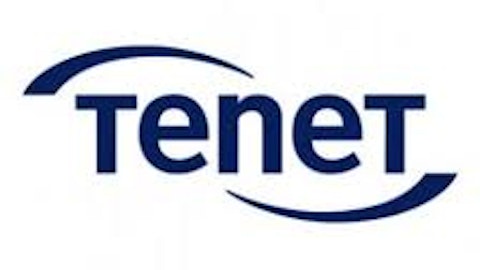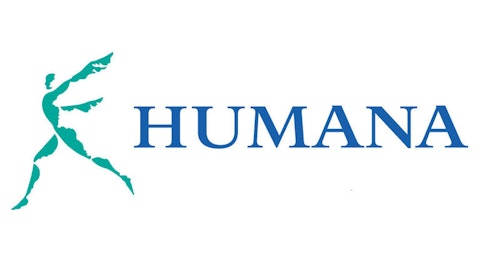Next year will be the year. Although the Patient Protection and Affordable Care Act, commonly known as Obamacare, was passed back in 2010, the most significant parts of the major health-reform legislation don’t become effective until 2014.
Just because major components don’t kick into gear until then, though, doesn’t mean you shouldn’t understand as much as possible about Obamacare now. Here are some important things you need to know.
If you’re employed by a relatively large organization

That wait could really be a long one for some workers. That’s because, in some cases, employers could find it more cost-effective to pay the fine instead of offer health insurance. Some organizations could also opt to use higher numbers of part-time staff to reduce their costs of compliance with Obamacare.
The threshold for qualifying for Medicaid will increase in states that choose to implement the Obamacare Medicaid expansion. Generally speaking, individuals or families with income up to 133% of the federal poverty line will qualify for Medicaid. However, some states will have more lenient thresholds.
Anyone who doesn’t qualify for Medicaid and is not covered by group health insurance by Jan. 1 will be required to get insurance or pay a penalty. This penalty will be the greater of $95 or 1% of income in the first year. The penalty escalates to the greater of $695 or 2.5% of income by 2016.
To avoid the penalty (again, assuming you’re not covered by Medicaid), you’ll need to purchase insurance through an online health insurance exchange. Some of these exchanges will be operated by states and others by the federal government. The exchanges are scheduled to become available on Oct. 1 of this year.
You could be eligible for federal tax credits to help you purchase insurance. The amount of the subsidy you’re eligible for depends on your household income level. The less you make per year, the more financial assistance you get.
There’s one other important thing to know if you’re buying individual coverage: Insurance companies won’t be able to charge higher rates because of gender or pre-existing medical conditions. That’s good news for many, but it could increase the premiums for lots of Americans.
There are a couple of provisions that will apply for employed Americans beginning in 2014 regardless of employer size. If you’re relatively new to your job, your insurance plan can’t impose an eligibility waiting period more than 90 days. Also, your annual maximum deductible can’t be higher than $2,000 for an individual or $4,000 for a family.
Some Americans will get hit with more taxes. Individuals making more than $200,000 per year and married couples who file jointly that make more than $250,000 annually must pay an extra 0.9% tax. If you use a flexible spending account for health care, the maximum amount of pre-tax contributions you can make is $2,500. Also, the deduction for qualifying medical expenses jumps from 7.5% to 10% of adjusted gross income.
Upcoming changes resulting from Obamacare are likely to help and hurt different industries. Many observers think the requirement that individuals obtain health insurance will help hospital chains. Hospital stocks have soared with the anticipated implementation of the individual mandate. Shares of Tenet Healthcare Corp (NYSE:THC), for example, are up 137% in the past year.
However, research by Deloitte casts some doubt as to whether hospitals will really be helped much by higher numbers of insured patients. Even if Deloitte is right, though, hospitals with better pricing power could still do well. This is the driving factor behind Tenet Healthcare Corp (NYSE:THC)’s recent purchase of Vanguard Health Systems.
HCA Holdings Inc (NYSE:HCA) might be the best choice when it comes to hospital stocks. It’s the largest hospital chain in the nation. HCA Holdings Inc (NYSE:HCA) shares haven’t surged as much as most of its peers, and as a result, the stock appears to be more attractively valued than others right now. If Obamacare does help as much as some expect it to, HCA Holdings Inc (NYSE:HCA) will benefit.
Turning to health-insurance companies, you might think the increased restrictions could hurt their profits. Think again. The companies will just increase premiums to make up for having to provide more benefits.




